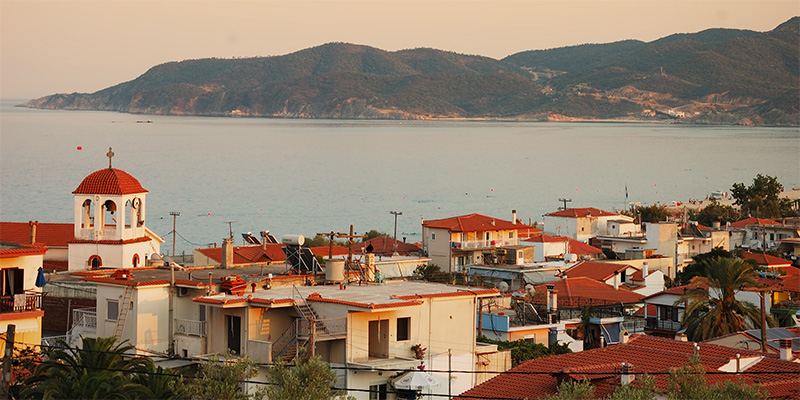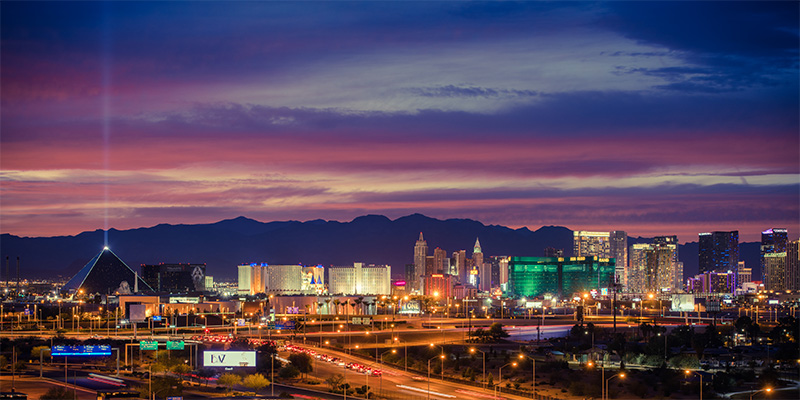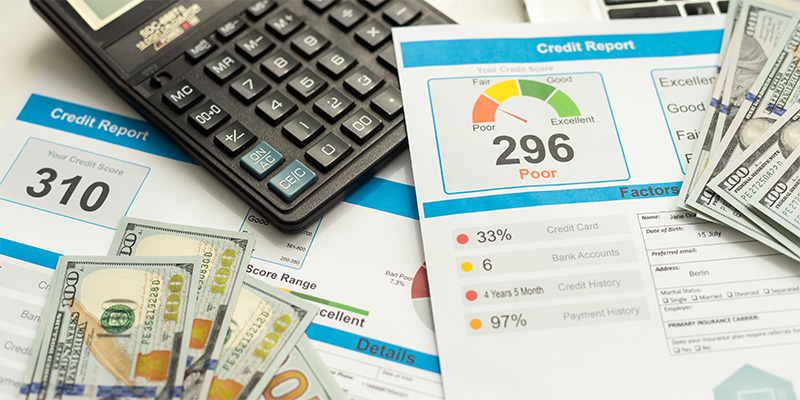
Simple Ways to Boost Your Credit Score
Unless you have a perfect credit score, you probably want to improve it.
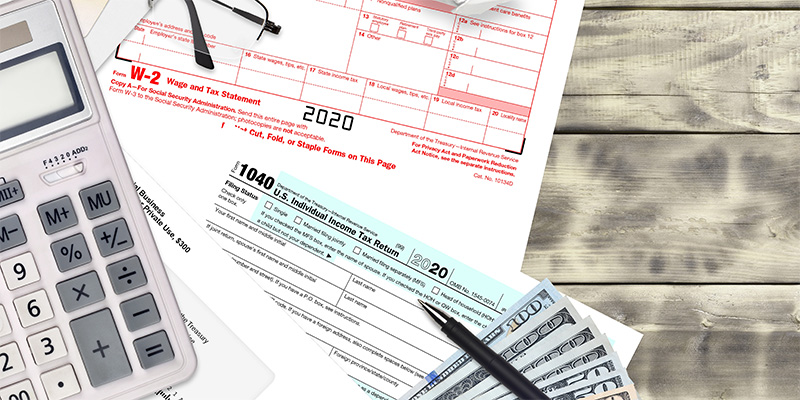
Do Your Own Taxes While Your Financial Life Is Simple
Master the basics and develop your tax literacy.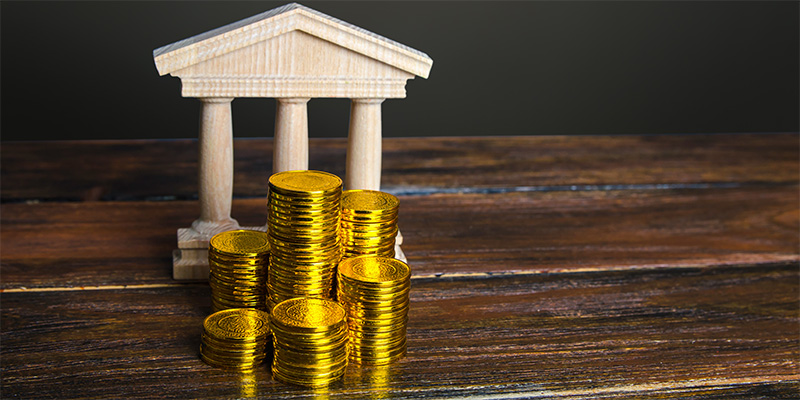
3 Places to Park Your Cash Amid Banking Crisis
By now, you’ve likely heard the news on Silicon Valley Bank, which failed on March 10—its holdings are now managed by the Federal Deposit Insurance Corporation (FDIC).
It was the 16th-largest bank in the US and the largest bank by deposits in Silicon Valley. It was also what you might call a “rich person's bank.” It didn't take just anybody. You had to pretty much be in the Silicon Valley community and have significant assets—i.e., an average of $4 million in the bank.
Truthfully, Silicon Valley Bank was run by a bunch of idiots. Okay, I should be a bit more charitable: It was basically the Jiffy Lube for venture capital funds, and it knew a lot about tech.
As it turns out, Silicon Valley Bank knew nothing about finance. It bought a bunch of low-coupon Treasuries and mortgages with infinite duration and didn't hedge the interest rate exposure and got punched. Its fixed-income portfolio was down 30%–40%. It lost around $2 billion!
Anyway, a lot of people are now trying to figure out which other banks have similar exposure. Because when rates go up, it affects everybody. This is like the Great Wall Street Game: Who's next? Is it First Republic or somebody else?
And do you need to worry about your bank and where you keep your money?
|
“Volatility makes people make stupid decisions. Which is why I’ve created a long-term portfolio that is almost immune to market volatility. No one should lay awake at night worrying about their portfolio, and if they follow the investments marked out in my ‘Strategic Portfolio,’ they won’t.”—Jared Dillian. Click here to see how you can build a solid portfolio alongside Jared Dillian. |
Stick to “Safer” Investments
Right now, I don't have much money in the bank because I've been writing checks to the builder of my new house.
I have a lot of money in gold, and I have a lot of money in real estate. Having my money outside the banking system is just kind of a happy coincidence.
Really, though, in times like this, if you have less than 250 grand in the bank, don't worry about it. You’re fine—the FDIC’s standard insurance amount is $250,000 per depositor. If you have more than 250 grand in the bank, you can always move it to some other banks. But that's kind of a pain.
One thing you can do is buy T-bills through your brokerage account or Treasury Direct. You can also buy gold through somewhere like Hard Assets Alliance, which makes buying, selling, and storing precious metals as easy as trading stocks.
Lastly, you can have your money in a too-big-to-fail bank. So, Wells Fargo, Bank of America, Citigroup—banks like that. If you have your money in one of these types of banks, you're probably going to be safe because those banks will get bailed out. Depositors will be protected, at least in the United States.
Now, it’s worth noting that a lot of people are turning to bitcoin (BTC), but I don't recommend buying it. It’s too volatile. It has been doing well in this crisis on the idea that it's safer than having your money in the bank. I don't agree with that, but that's what the market is doing.
Really, you’re better off sticking to “safer” investments: Put it in T-bills or gold or in some money market funds. Spread it around. It's not good to have all your money in the same place.

Jared Dillian
|
